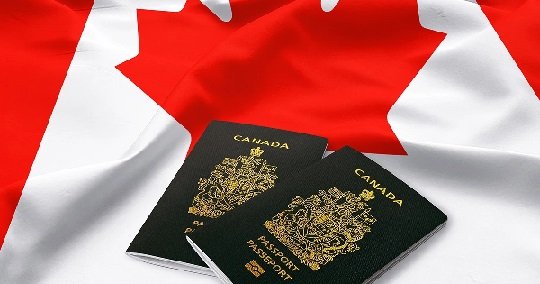Canada’s immigration system is not static, but rather constantly evolving with changes and updates to policies and regulations. Recent adjustments in Canadian immigration law hold important consequences for those planning to apply, impacting everything from who can be considered eligible to how long it may take before you see results on your application. Knowing about these alterations becomes vital if one wishes to immigrate to Canada because they might have an impact on chances of success as well as overall process experience.
Revised Eligibility Criteria
A big development in Canadian immigration law, which is recent, has to do with changing the requirements for different immigration programs. Like the Express Entry system that many skilled workers use – it’s seen adjustments in what Comprehensive Ranking System (CRS) scores are needed to get an invitation and apply for permanent residency. These changes show how Canada’s job market needs are changing, by giving more importance to applicants who have certain skills and qualifications. Future immigrants must now pay more careful attention to each program’s particular requirements and confirm they fulfill the latest standards.
Changes to the Points System
The next big change is the alteration made to points system that was used in many immigration channels, particularly the Provincial Nominee Program (PNP). Points are given depending on elements like age, education level achieved, work experiences and how well someone can speak English or French. There has been a recent shift towards giving more importance to abilities in French language which aligns with Canada’s dedication for supporting bilingualism. Furthermore, the adjustments to the point scale include calibration points for siblings living in Canada and for study or work experience in Canada. These changes seek to draw in candidates who have a greater probability of blending well into Canadian culture and enhancing the country’s economy.
Impact on Processing Times
Law changes in immigration have an effect on how fast applications are processed. Policy and administrative alterations can lead to variations in the time it takes for an application to be processed. For instance, the use of new technology and simplified processes could speed up certain types of applications whereas extra attention or requirements might slow down others. Candidates should keep themselves updated on the latest processing times and make their plans in line with this information. Delays can have an impact on various aspects, like job opportunities or reuniting with family members.
Introduction of New Pathways
In reply to changing economic and population requirements, the Canadian government has set up fresh immigration routes. New pilot plans are focusing on particular areas like Agri-Food Pilot and Rural as well as Northern Immigration Pilot which aim to tackle shortages of workers in certain industries or regions. These pathways offer more chances for potential immigrants but also have their own conditions and methods. Applicants should discuss their situation with a Canada immigration lawyer who knows about immigration law.
Increased Focus on Security and Compliance
Rules about security and following the law are more important in Canadian immigration, as seen by recent changes. The government has made sure to put in place stronger actions for applicants and their sponsors to follow all rules. This includes doing more careful checks on background information, as well as making sure that what is written down matches with facts provided. Thus, applicants should make sure to complete their submissions with care and honesty. Any differences found might cause a slow-down or even rejection of the application. It is very important for the process of applying to stay in a country that all immigration laws and rules are followed correctly.
The changes in Canadian immigration law are a clear sign of how the country wants to handle immigration and align it with its economic, social and security goals. These modifications have critical results for applicants – from who can apply to how long it takes and what routes exist. Keeping up-to-date on these alterations and getting professional guidance when required can aid potential immigrants in managing the intricate terrain of Canadian immigration while enhancing their possibilities for triumph.
Read more: Canadian Immigration

